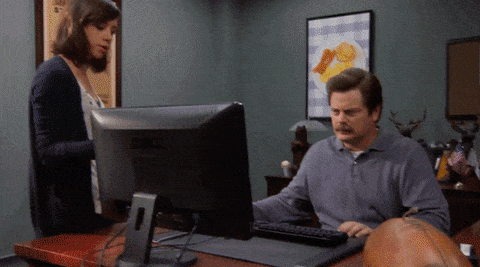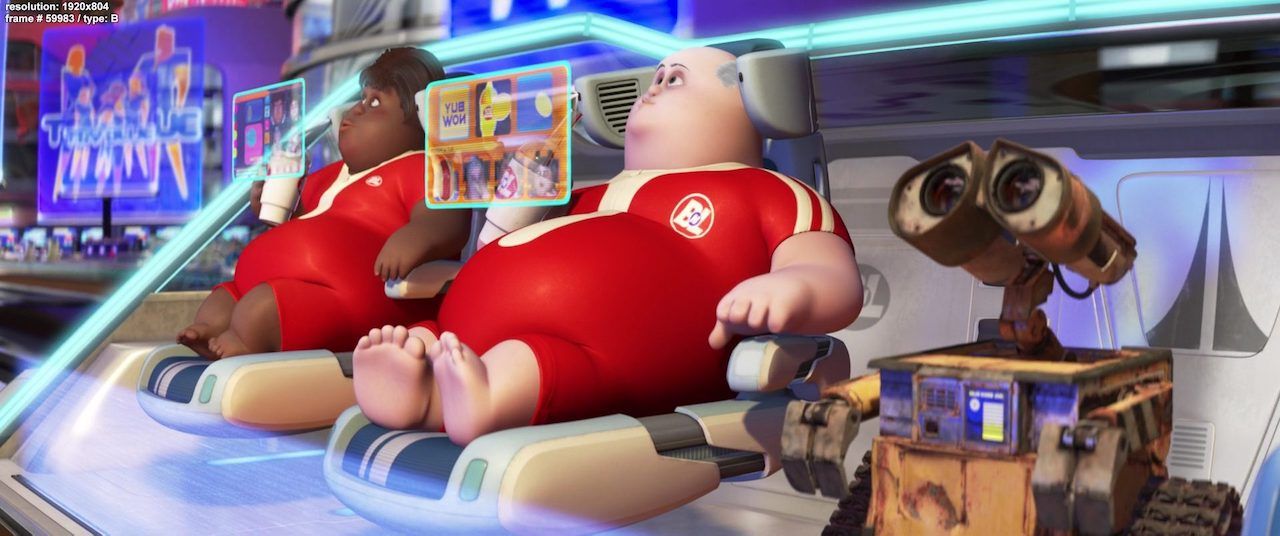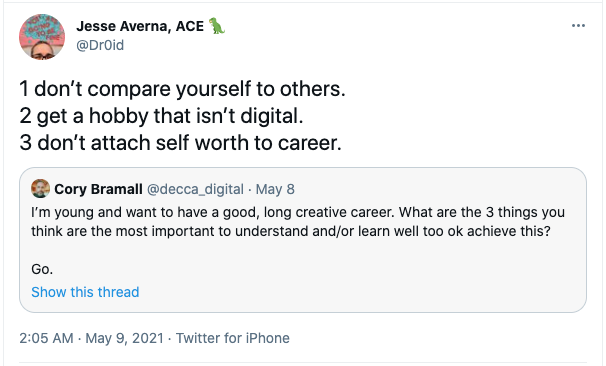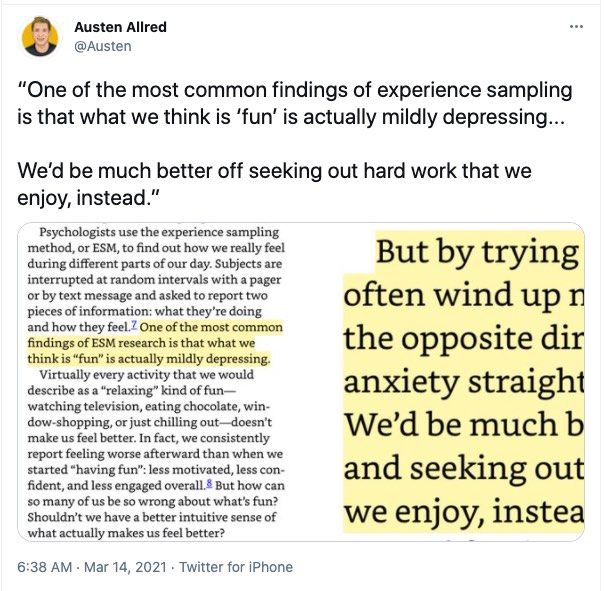#038 - Why digital artists should embrace analogue life

Something that appears very prescient to me is that while the first iPhone was released in 2007, Pixar's WALL-E hit cinemas in 2008.
As it takes Pixar about 3-5 years to produce a film, they did what all good science-fiction does best; they took something present-day and extrapolated it deep into the future, to its logical conclusion.
Namely, that we would become captive to our digital screens.

Stanton describes the theme of WALL-E as "irrational love defeats life's programming":
I realized the point I was trying to push with these two programmed robots was the desire for them to try and figure out what the point of living was...
It took these really irrational acts of love to sort of discover themselves against how they were built... I realized that that's a perfect metaphor for real life.
We all fall into our habits, our routines and our ruts, consciously or unconsciously to avoid living. To avoid having to do the messy part.
To avoid having relationships with other people or dealing with the person next to us. That's why we can all get on our cell phones and not have to deal with one another.
I thought, 'That's a perfect amplification of the whole point of the movie.'
I wanted to run with the science in a way that would sort of logically project that.
— Andrew Stanton, Director
Why I would rather buy a Typewriter than an NFT

As someone who spends a great deal of time on a digital device of all shapes and sizes, usually the best parts of my day are when I do something to actively embrace analogue life.
This is why I'd rather invest in a vintage Olympia SM3 Typewriter than an NFT (Non-Fungible Token) because one ushers in more analogue experiences in my life (and anyone I send a letter to!) while the other is just #cryptoart that I'm only holding in the hopes I can sell it on to someone else in the future, at a profit.

This tweet from editor Jesse Averna, who you should all follow on Twitter for a disruptive ray of sunshine, if you're otherwise going to be doom scrolling on your devices, shared some good advice (2) along these same lines, in response to the question "I'm young and want to have a good long creative career..."
So what should you do?

Austen Allred shared some interesting research from psychologists who conducted an 'experience sampling' experiment where subjects are "interrupted at random intervals by a text message and asked to report what they're doing and how they feel."
Virtually every activity that we would describe as "relaxing" kind of fun – watching television, eating chocolate, window-shopping, or just chilling out– doesn't make us feel better.
In fact, we consistently report feeling worse afterward than when we started "having fun".— Jane McGonigal, Reality is Broken
Ultimately, in her book Reality is Broken, Jane McGonical recommends that we seek out 'hard fun' or hard work that we enjoy instead of mindless 'easy fun' that doesn't help us at all.
To me that means stretching yourself into some new analogue activity that you may fail in, at first, but the rewards of persevering will make it a satisfying experience in the end.
So get out there and learn to cook, train a pet, play an instrument, build something with your hands or grow something you can eat.
Take This Further
The Wikipedia page on the making of WALL-E is really rather good.
Ron Findley is the Gangster Gardener who also has a really fun Masterclass, with plenty of swearing and some good jokes.
Join Nick Offerman (Ron Swanson from Parks and Rec) in joyfully building a canoe.
So remember, Cut daily but do something else too.
